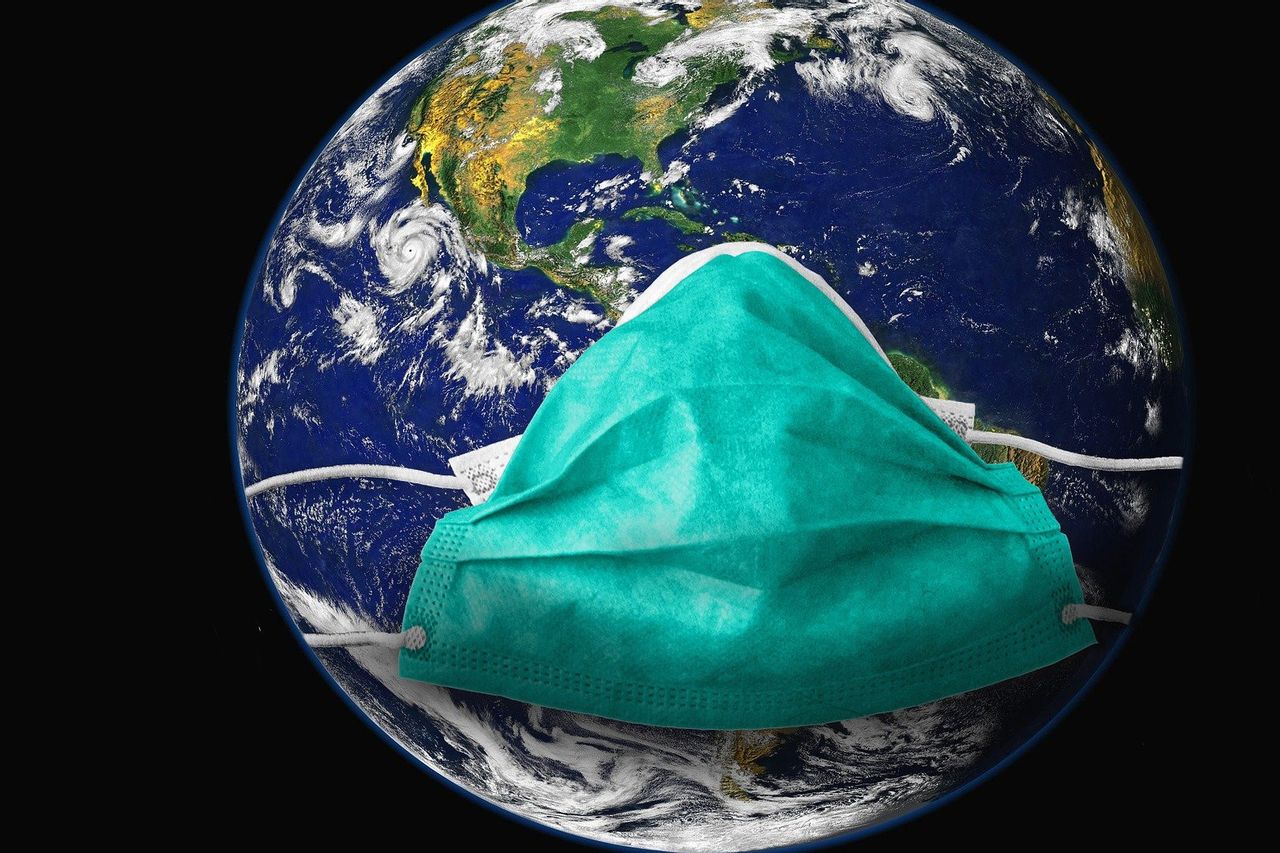Definition Of Lockdown And Countries That Have Been Doing It

JAKARTA - The spread of the corona virus or COVID-19 is increasingly global. The World Health Organization, WHO, has even declared COVID-19 a pandemic. The rapid spread of COVID-19 has urged several countries to implement lockdown policies. This had to be done to break the chain of spreading the virus.
According to the Oxford University Press, the notion of lockdown is an official order to control the movement of people or vehicles within an area due to a dangerous situation.
Meanwhile, according to Washington College Professor of Law and Public Health Ethics, Lindsay Wiley via her Twitter account, @ProfLWiley, the term lockdown that the press has often used so far is not a technical term that has a specific meaning. He said the lockdown from a public health perspective if we refer to what China and Italy have done is an effort to create a geographic quarantine, also known as cordon sanitaire.
"Cordon sanitaire means creating a barrier and trying to stop people from entering or exiting (from a certain area) with the exception of shipping goods or people taking care of essential needs," said Wiley.
"Lockdown," which the press is latching onto, is not a technical term with any specific meaning. What China and Italy have done is create a geographic quarantine, also known as cordon sanitaire.
- Lindsay Wiley (@ProfLWiley) March 9, 2020
In essence, lockdown is a package of security policies against a threat, in this case the spread of COVID-19. This policy must be complete with security guarantees for social needs as well as food supplies, health, education and others even though it is being isolated.
China
For example, we look at the country that implemented a lockdown for the first time, namely China. There nearly half of China's population - about 780 million people - is under a lockdown situation, according to Business Insider. At its peak, China's quarantine policy covered about 20 provinces.
In China, the first city to be put on lockdown was Wuhan on January 23. Instantly the transportation routes to and from the city were cut off and all public places were closed. For nearly six weeks the streets were almost like a dead city as residents quarantined themselves in their homes.
Shortly after the Wuhan lockdown, China locked down 15 other cities including Huanggang, a city of 7.5 million people, and Suizhou with nearly 11 million.
In Wuhan, during the quarantine period, residents can only get food by ordering via the online application, WeChat. Through WeChat, they order all food necessities such as meat, vegetables and vegetables which are provided at the nearest supermarket.
They are required to buy necessities in large quantities. This was done in order to streamline the delivery power to each resident's house.
According to WHO, China's bold action to lock down some of its territories was very effective in preventing the spread of Covid-19. "There is no doubt that this approach has changed the direction (for the better) of the spread of this dangerous epidemic," said Bruce Aylward, an epidemiologist who was sent by WHO to China.
Italy
Apart from China, another country that has locked down is Italy. His government, represented by Prime Minister Giuseppe Conte, declared a lockdown on March 10.
"I stay at home," Conte told the BBC, summing up his country's lockdown policy.
Initially, Italy announced that it was under lockdown to cover only the northern part of the country. But soon the policy became effective in all parts of the country.
There, for the time being, public transport activities and airports are still operating but only serve important trips that have a permit from the government. For example, those who leave for legal work or for reasons related to family, which of course are permitted by the police.
Meanwhile events involving large crowds were closed. Major sporting events, schools and universities, museums, cultural centers, swimming pools and spas are all closed across the country. Meanwhile, all shops except food retail stores and pharmacies will be closed.
Apart from Italy and China, several countries that practice cordon sanitaire include Iran, New Zealand, El Salvador, Poland, Ireland and Denmark. Most recently, yesterday, March 15, two countries, namely Spain and Manila, followed up with a similar policy.
Philippines
Philippine President Rodrigo Duterte, decided to lock down the entire area of the City of Manila. This will take effect from March 15 to April 14, following the COVID-19 pandemic in the Philippines.
Duterte said that during the quarantine period, most of the schools and government offices will be closed. Even though they are closed, shopping centers such as supermarkets and grocery stores will remain open.
Vital necessities such as drugstores, banks and health clinics will also remain open. A ban on mass gatherings will also be imposed during the lockdown period.
"The restrictions (of visits to the Philippines) will be imposed on those traveling from countries with local transmission, except for Filipino nationals including foreign spouses and children, holders of permanent residency visas, and holders of diplomatic visas," Duterte was quoted as saying. from the South China Morning Post, Monday, March 16.
